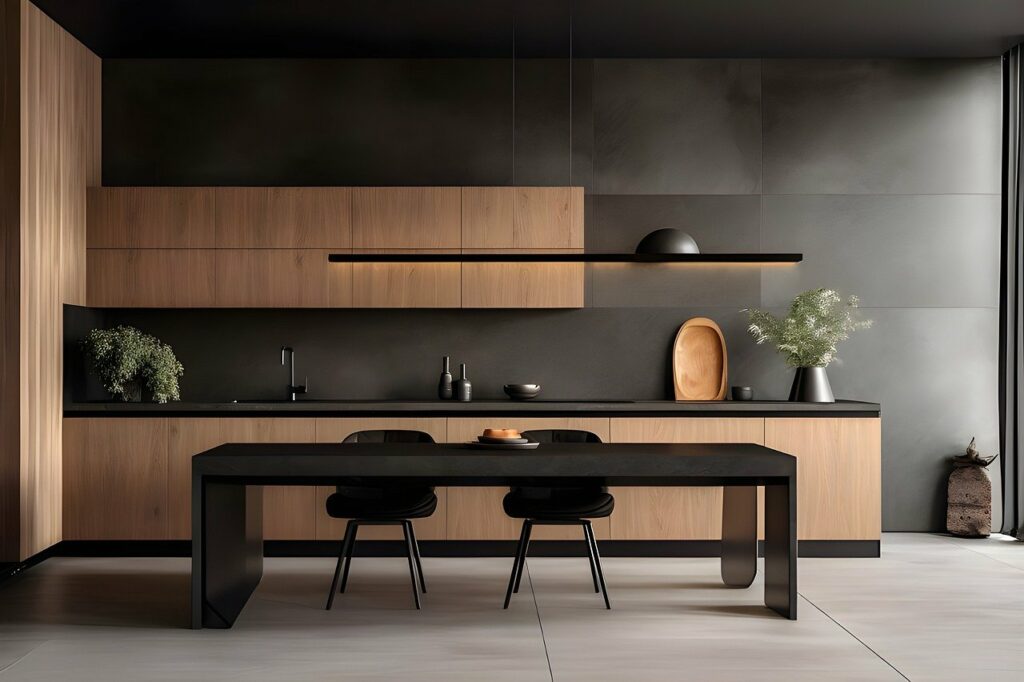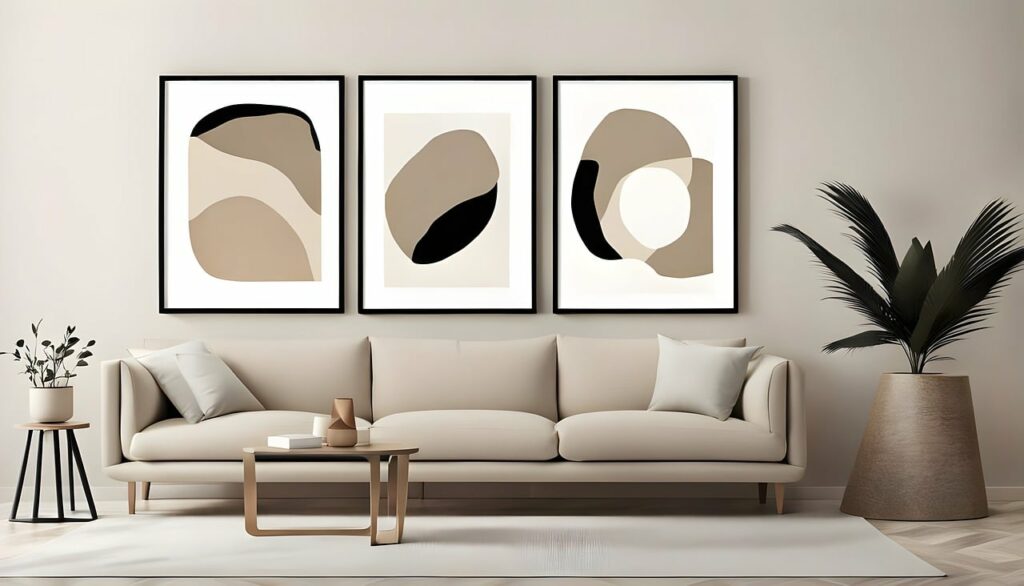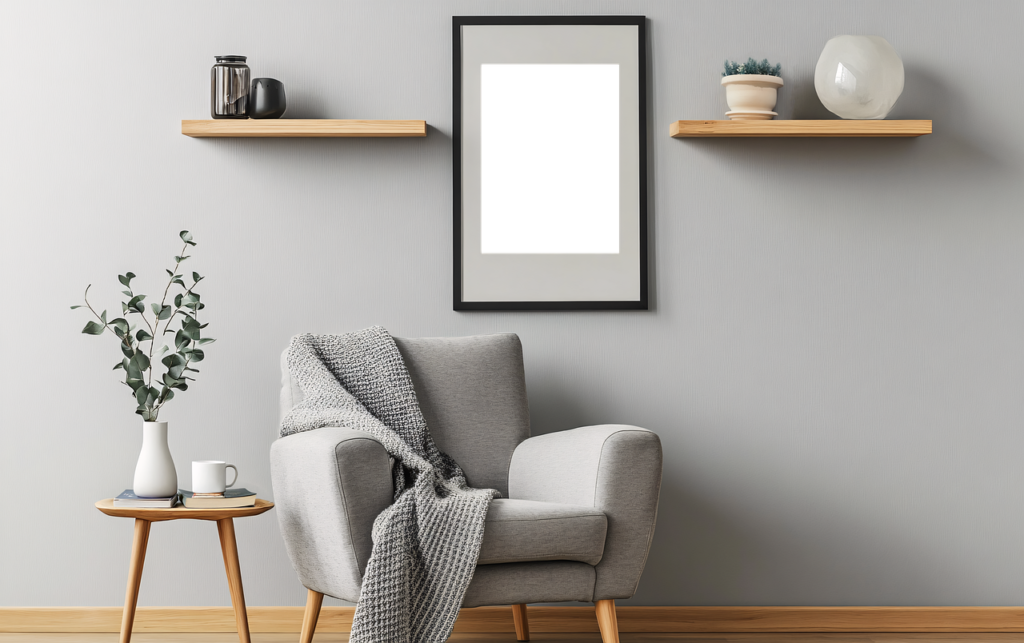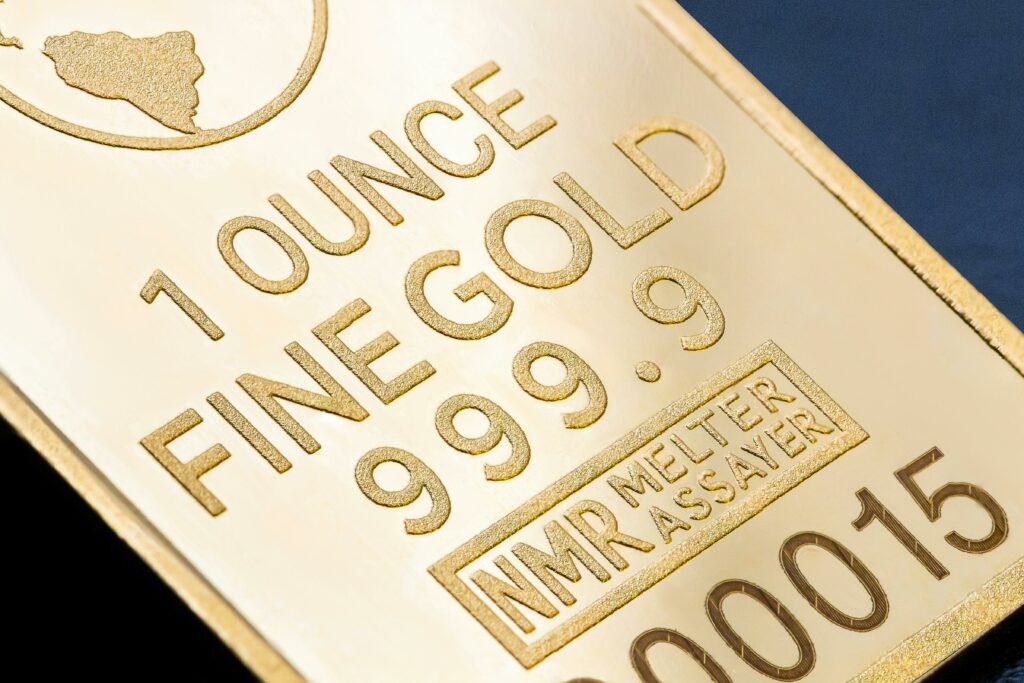
Minimalism is more than just decluttering your home or simplifying your wardrobe. It is a way of life that emphasizes the intentional choice to focus on what matters most while letting go of the rest. At its core, minimalism is about clarity, purpose, and freedom—freedom from the chaos and distractions that often consume our lives. This lifestyle isn’t about deprivation but about making room for the things that truly bring joy and meaning.
Why Minimalism?
Life in today’s world can feel overwhelming. Our homes are filled with things we rarely use. Our schedules are packed with commitments we don’t enjoy. Our minds are cluttered with endless to-do lists. Stress often becomes the norm rather than the exception. Minimalism offers a solution. By clearing the physical and mental clutter, you can create space for what truly matters: relationships, passions, and peace of mind. Minimalism allows you to reclaim your time, energy, and focus, bringing a sense of control and happiness into your life.
First Steps
Embarking on a minimalist journey doesn’t have to be daunting. Start small. Choose one specific area in your home or life to focus on. Perhaps it’s a drawer in your kitchen, a shelf in your closet, or even your inbox. Sorting items into three categories—keep, donate, and discard—is a great way to begin. When making decisions, ask yourself two simple questions: “Do I use this regularly?” and “Does this bring me joy?” If the answer is no, it might be time to let it go.
The Power of Letting Go
Letting go of possessions can be emotionally challenging, especially when sentimental value is attached. It’s natural to feel conflicted about parting with certain items. However, it’s essential to remember that memories reside in our hearts, not in objects. Keep a few meaningful mementos that truly resonate with you and take photographs of items you want to remember but don’t need to keep. By releasing unnecessary belongings, you’re not only creating physical space but also making room for mental clarity and emotional peace.
Decluttering Your Space
Decluttering your entire home may seem overwhelming, but breaking it into manageable steps makes it achievable. Start with a specific room, such as the kitchen. Clear countertops of excess gadgets and utensils, keeping only the items you use daily. Then move to your closet. Ask yourself if each piece of clothing fits, suits your current style, and brings you confidence. If not, consider donating it to someone who might benefit. Continue this process room by room, and over time, your home will become a sanctuary of simplicity and order.
Simplify Your Schedule
Minimalism isn’t just about reducing physical clutter. It’s also about reclaiming your time. Many of us feel stretched thin by endless commitments, leaving little room for rest or spontaneity. Begin by evaluating your calendar. Identify activities and obligations that don’t align with your priorities or values. Politely decline unnecessary meetings and events. Protect your time as fiercely as you would your most valuable possessions. With fewer commitments, you’ll have more energy to devote to what truly matters—whether that’s spending time with loved ones, pursuing hobbies, or simply relaxing.
Benefits of Minimalism
Minimalism offers profound benefits that extend beyond a tidy home. It reduces stress by eliminating the visual and mental clutter that can weigh us down. With fewer distractions, you gain more time to focus on meaningful relationships and personal growth. Financially, minimalism encourages mindful spending, which can lead to greater savings and freedom from debt. Furthermore, a simplified environment fosters mental clarity, allowing you to approach life with a sense of calm and purpose. Minimalism is not about sacrifice; it’s about creating space for abundance in the areas that truly matter.
Digital Minimalism
In our technology-driven world, digital clutter can be just as overwhelming as physical clutter. Emails, notifications, and social media can drain our time and energy. Begin by unsubscribing from newsletters and promotional emails you no longer read. Organize your files into clear folders and delete duplicates. Limit your screen time by setting boundaries, such as no-phone zones or specific hours for checking emails. Consider decluttering your social media feeds by unfollowing accounts that don’t add value to your life. By simplifying your digital space, you’ll experience a clearer mind and a more intentional online presence.
Sustainable Living

Minimalism and sustainability go hand in hand. By adopting a minimalist mindset, you naturally reduce your consumption. Instead of buying impulsively, you learn to choose quality over quantity. Repairing items rather than replacing them becomes second nature. Donating or recycling unwanted belongings ensures they find a second life rather than contributing to landfills. Every mindful choice you make—from reusing a water bottle to buying ethically produced goods—supports a healthier planet and aligns with the minimalist principle of living intentionally.
Mindset Shifts
Minimalism is as much a mental practice as it is a physical one. It requires a shift in perspective. Begin by valuing experiences over material possessions. Instead of seeking happiness in things, find joy in simple pleasures, like a walk in nature or a heartfelt conversation. Practice gratitude daily by appreciating what you already have rather than focusing on what you lack. Over time, this mindset fosters contentment and reduces the desire for excess. Minimalism teaches us that true wealth lies in relationships, experiences, and personal growth.
Challenges You Might Face
The journey toward minimalism isn’t always smooth. You may face resistance from family members who don’t share your vision. Old habits, like shopping for comfort or holding onto items “just in case,” can be hard to break. Decluttering can also stir up emotions as you confront memories tied to your belongings. During these moments, focus on your “why”—the deeper reason you chose this path. Join online or local minimalist communities for encouragement and advice. Remember, progress is more important than perfection.
Living With Less
Living with less doesn’t mean deprivation. On the contrary, it opens the door to more freedom, clarity, and purpose. You’re no longer defined by your possessions but by your values, choices, and relationships. Each item you own serves a purpose or brings you joy, and this intentionality transforms the way you live. Minimalism is a celebration of what truly matters.
Minimalism and Mental Health
A clutter-free environment has a profound impact on mental health. When your space is organized, your mind feels calmer. Fewer possessions mean fewer decisions, reducing decision fatigue. Simplicity in your surroundings lowers anxiety and allows you to focus on the present. Minimalism is a powerful tool for mental well-being, offering a sense of control and peace in an often chaotic world.
Create a Capsule Wardrobe
One practical way to embrace minimalism is by creating a capsule wardrobe. This involves curating a collection of versatile clothing pieces that can be mixed and matched for various occasions. Choose a cohesive color palette and focus on quality over quantity. By simplifying your wardrobe, you’ll save time and energy when getting dressed, and you’ll likely find that you feel more confident in the clothes you love most.
Minimalist Budgeting
Minimalism extends to finances as well. It encourages mindful spending and financial discipline. Before making a purchase, ask yourself if it’s truly necessary or if it aligns with your priorities. Track your expenses to identify patterns and areas where you can cut back. Redirect savings toward experiences, like travel or learning new skills, rather than accumulating more things. Minimalist budgeting not only reduces financial stress but also fosters a sense of intentionality in how you use your resources.
How to Stay Motivated
Maintaining a minimalist lifestyle requires ongoing motivation. Revisit your goals regularly to remind yourself of why you started. Celebrate your progress, no matter how small. Surround yourself with inspiration by following minimalist blogs, podcasts, or social media accounts. Learn from others’ journeys and share your own. Seeing the positive impact of minimalism in your life will reinforce your commitment and inspire you to continue.
The Joy of Empty Space
Empty space is often misunderstood. It’s not wasted; it’s an invitation. An uncluttered room feels calm and welcoming. Empty shelves and clear countertops can inspire creativity and peace. Instead of rushing to fill every corner, embrace the beauty of simplicity. Let your space breathe, and you’ll find that you can breathe more freely too.
Minimalism and Relationships
Minimalism also transforms relationships. With fewer distractions, you can focus more on the people who matter most. Quality time becomes more meaningful when it’s not overshadowed by physical or mental clutter. Communication deepens, and shared experiences take on greater significance. Minimalism teaches us that relationships, not possessions, are the true measure of a fulfilling life.
Families and Minimalism
Minimalism isn’t just for individuals. Families can benefit greatly from a simpler lifestyle. Involve everyone in the process. Teach children the value of less by decluttering together and setting limits on toys and clothes. Make it fun by turning it into a game or a family challenge. A minimalist home creates a calmer environment, fostering stronger bonds and more meaningful interactions.
Minimalism on the Go
Travelling as a minimalist is liberating. Pack only the essentials, focusing on versatile items that can serve multiple purposes. Simplify your itinerary to allow for spontaneous adventures. Travelling light reduces stress and enhances your experience, allowing you to focus on the journey rather than the logistics.
Finding Your Balance
Minimalism isn’t a one-size-fits-all approach. It’s about finding what works for you. Some may embrace a more extreme version, while others adopt a moderate approach. The key is to align your lifestyle with your values and priorities. Be flexible and open to adjustments as your needs change over time. Your version of minimalism should reflect who you are and what brings you joy.
Minimalism Is a Journey
Minimalism isn’t a destination; it’s a journey. There’s no final stage of perfection to achieve. Life is dynamic, and so is minimalism. As your circumstances evolve, so will your approach. Stay curious, keep learning, and embrace the process. Each step toward simplicity brings you closer to a life filled with purpose and meaning.
Final Thoughts

Minimalism isn’t just about owning less; it’s about gaining more. More freedom, joy, clarity, and time to focus on what truly matters. By choosing minimalism, you choose to live intentionally and prioritize what brings you the greatest fulfilment. Start today. Take that first step, no matter how small. You’ll find that the journey to less is ultimately a journey to so much more.





